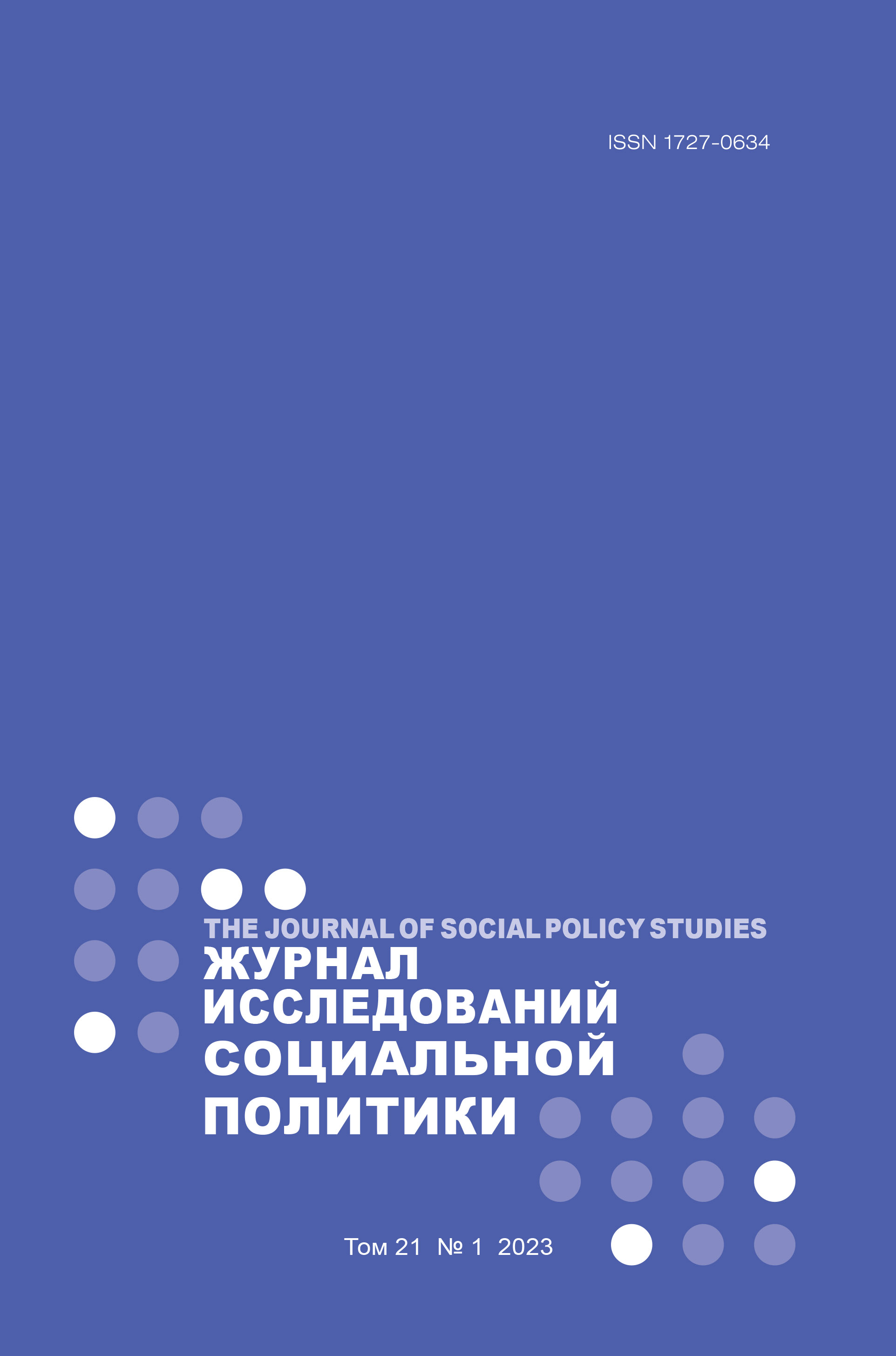Adaptation of the Middle Class to Changing Socio-Economic Conditions in Crisis
Abstract
The COVID‑19 pandemic affected the position of broad groups of the population. When speaking about risk groups at the beginning of the pandemic, some experts paid special attention to the middle class, predicting its significant impoverishment. This work is devoted to assessing the impact of the coronavirus and related social policy measures on the income and consumption of the middle class, as well as analyzing the mechanisms of adaptation to crisis conditions accompanied by a decrease in income. Using the Statistical Survey of Income and Participation in Social Programs 2017 with micro-modelling methods, the consequences of the coronavirus lockdown for middle-class workers were evaluated. Also, we used the data of the survey 'Changes in the volume of consumption of paid services in education by middle class members and their readiness to invest in human capital development' conducted in 2018. The data showed that there was no mass transition to poverty in the employed middle class. In relative terms, the incomes of this stratum decreased less than in other population groups. A significant share of the middle class, in the event of a drop in income, reduced spending on leisure and recreation. However, access to these benefits in 2020 was limited and spending naturally decreased for all strata. A more acute problem was the forced savings on everyday expenses, as well as the inability to pay for services related to education and health. An attempt to assess the position of the middle class after the outbreak of the pandemic indicates that there were high-risk groups within the stratum, which did not fall into the focus of social policy, and if the situation worsened as a result of the pandemic, the middle class might have experienced significant losses in income and lowered quality of life.















